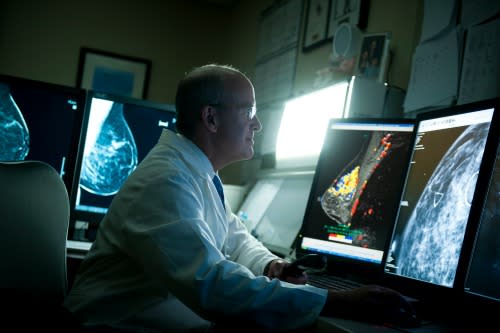5 Types of Cancer Screening Tests & When to Get Them
Published: July 15, 2021l
By Paul L. Weinstein, MD, FACP, Medical Director of Medical Oncology and Hematology, Stamford Health’s Carl & Dorothy Bennett Cancer Center
Even if you’re confident that the odds of not having colon cancer are in your favor, skipping your colonoscopy screening is not worth the risk.
If you meet the criteria above, you must also:
Stamford Health’s lung cancer screening program follows guidelines from Medicare.
Plus, here are ten good reasons to quit smoking in case you’re looking for extra motivation. And, no, vaping is not safe either.
Stamford Health uses 3D mammograms which mean better detection and fewer callbacks because we give same-day results whenever possible.
At your first breast screening appointment, your doctor will determine whether or not you have dense breasts based on a specific tissue ratio. If you have dense breasts, you may need additional screening with your mammogram.
You can have dense breasts at any age, but your breasts may become less dense as you get older.
When you go for your routine gynecological exams, your doctor will perform a pap test, also called a pap smear or cervical cytology.
We diagnose most prostate cancers from PSA fluctuations or elevations. However, an elevated PSA does not necessarily mean you have prostate cancer, and also does not necessarily mean you need a biopsy.
Depending on your results, we may consider further testing such as the 4K score or prostate imaging.
Also, learn more about prostate cancer myths and facts.
Early cancer detection can save lives and eliminate the need for long-term cancer treatment. Getting screened for cancer helps doctors find any cancer early on while it’s still treatable and—in many cases—beatable.
World-Class Cancer Care, Right in Stamford.
We’re here for you.
Medical Oncology:
Phone: 203.276.2695
Radiation Oncology:
Phone: 203.276.7886
Colorectal Cancer Screening
How is colon cancer detected?
Colonoscopy screening is the number one way to detect colon cancer early or prevent it altogether. Your doctor may also have you do a fecal occult blood test which involves collecting 3 small stool samples. The test looks for hidden blood in your stool which can indicate a large number of conditions, not necessarily related to colon cancer.At what age should I get a colonoscopy?
The American Cancer Society strongly recommends you schedule your first colonoscopy when you turn 45 if you’re at average risk for colorectal cancer. Assuming it was normal (no polyps) you’ll go back for another colonoscopy every ten years as long as your risk remains average. Risk factors may indicate a need for more frequent screening.Even if you’re confident that the odds of not having colon cancer are in your favor, skipping your colonoscopy screening is not worth the risk.
Lung Cancer Screening
Who should be screened for lung cancer?
Ask your primary care physician to refer you for a low-dose CT lung scan if you:- Are between 50 and 80, and a current smoker
- Are a former smoker that quit within the past 15 years
- Have a smoking history equivalent to a pack a day for 20+ years
If you meet the criteria above, you must also:
- Not have any signs or symptoms of lung cancer with the exception of chronic cough
- Be healthy enough to tolerate treatment for early-stage lung cancer, if needed
Stamford Health’s lung cancer screening program follows guidelines from Medicare.
I know I need to quit smoking, but it's hard. How do I take that step?
First, congratulations on acknowledging it’s time to commit to quit smoking. Stamford Health offers a smoking cessation program that will help you navigate through the necessary steps to quit. The program involves one-on-one sessions with a trained tobacco specialist and is covered by most insurance plans. If you’re ready to quit smoking, call 203.276.QUIT (7848).Plus, here are ten good reasons to quit smoking in case you’re looking for extra motivation. And, no, vaping is not safe either.
Breast Cancer Screening
Why should I get a yearly mammogram?
You should get a mammogram because most breast cancer is found at a curable stage thanks to early detection and better treatments.When should I get my first mammogram?
Call the Stamford Health Breast Center before your 40th birthday and schedule a mammogram on or after that day. Here are a few relevant facts:- Turning 40—After 40, a woman’s risk of breast cancer rises, so it’s important to go every year.
- Advanced age—You’re never “too old” to get a mammogram. We recommend older women continue annual screening for as long as they feel reasonably healthy and would be a candidate for breast cancer treatment if cancer is detected.
- Family history—If you have a family history of breast cancer, are BRCA positive, or are at high risk due to other factors, your doctor may have a different plan for you. Ask your doctor what age is appropriate for your first mammogram.
Stamford Health uses 3D mammograms which mean better detection and fewer callbacks because we give same-day results whenever possible.
Should I worry if I have dense breast tissue?
Not necessarily. Breast density doesn’t tell the entire story when it comes to risk factors for breast cancer. While breast density alone doesn’t cause cancer, having dense breast tissue may make the detection of smaller cancers more difficult.At your first breast screening appointment, your doctor will determine whether or not you have dense breasts based on a specific tissue ratio. If you have dense breasts, you may need additional screening with your mammogram.
You can have dense breasts at any age, but your breasts may become less dense as you get older.
Am I at high risk for breast cancer?
It’s important to speak to your doctor about risk factors specific to you, and about your family history. If you think you may be at higher risk for breast cancer due to family history, having dense breasts, or other factors, contact the Stamford Health Breast Center’s High-Risk Breast Cancer Screening team.Cervical Cancer Screening
How is cervical cancer detected?
How is cervical cancer detected?When you go for your routine gynecological exams, your doctor will perform a pap test, also called a pap smear or cervical cytology.
- The pap test will look for any irregular cells which can result from infection with human papillomavirus (HPV), the virus that may lead to cervical cancer in some rare instances.
- If your doctor tells you the results of your pap test are irregular, you’ll come back for a follow-up testing which may include a colposcopy and/or biopsies.
- In many cases, a colposcopy detects only mild changes of the cells that are monitored and usually resolve without treatment.
- If the biopsy indicates more severe cell changes or precancerous cells, you will need additional testing or treatment to lower your risk of developing cervical cancer.
At what age and how often should I get screened for cervical cancer?
The recommendations from the American Cancer Society are as follows:- If you’re 21, it’s time to get screened for cervical cancer. Your gynecologist will do this with a pap test every 3 years until you turn 30.
- Between the ages of 30 and 65, your doctor will perform a pap test along with an HPV test every 5 years as long as your results continue to be normal.
How can I prevent cervical cancer?
There are a few ways you can prevent cervical cancer:- Go for your regular gynecologic exams
- If you have an abnormal pap smear, follow your doctor’s instructions on the appropriate treatment
- Practice safe sex. Wear a condom each and every time you have sex.
- Get vaccinated. The human papillomavirus vaccine, Gardasil9, protects against the types of HPV that cause 80% of cervical cancer. (The vaccine also protects against genital warts.) The vaccine is essential because condoms do not protect 100% against HPV since the virus can travel to other areas of the vagina.
Routine HPV vaccination is recommended for ALL females and males at 11 to 12 years. The HPV vaccine is FDA approved for use from 9 years to 45 years of age.
Prostate Cancer Screening
Who should be screened for prostate cancer?
We recommend men in their 40s get a baseline prostate specific antigen (PSA) blood test so we can predict any future changes in PSA levels. If you have a family history of prostate cancer, we’ll recommend early screening and your doctor will watch your prostate health closely.Why should I get a PSA test?
Urologists recognize the shortcomings of using the PSA blood test as a screening tool for prostate cancer, but you should get a PSA test as a starting point for detecting any cancer early.We diagnose most prostate cancers from PSA fluctuations or elevations. However, an elevated PSA does not necessarily mean you have prostate cancer, and also does not necessarily mean you need a biopsy.
Depending on your results, we may consider further testing such as the 4K score or prostate imaging.
Also, learn more about prostate cancer myths and facts.
Early cancer detection can save lives and eliminate the need for long-term cancer treatment. Getting screened for cancer helps doctors find any cancer early on while it’s still treatable and—in many cases—beatable.
Featured Expert/ Author






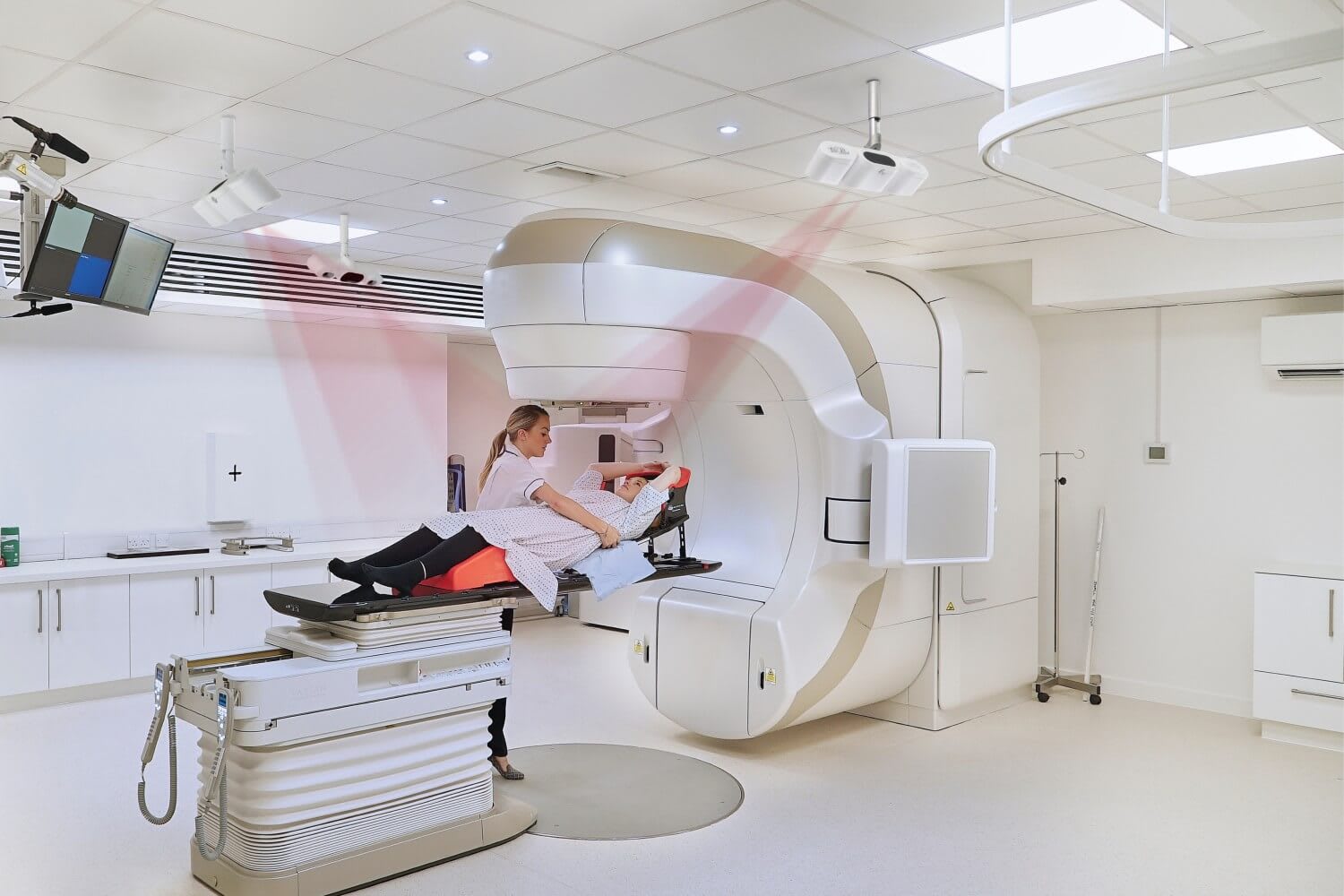
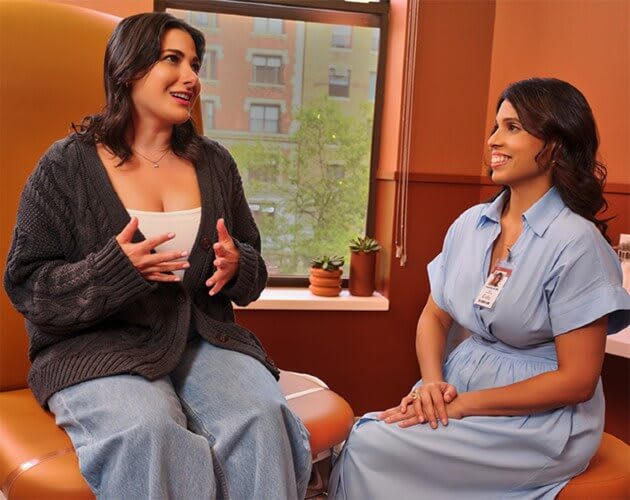

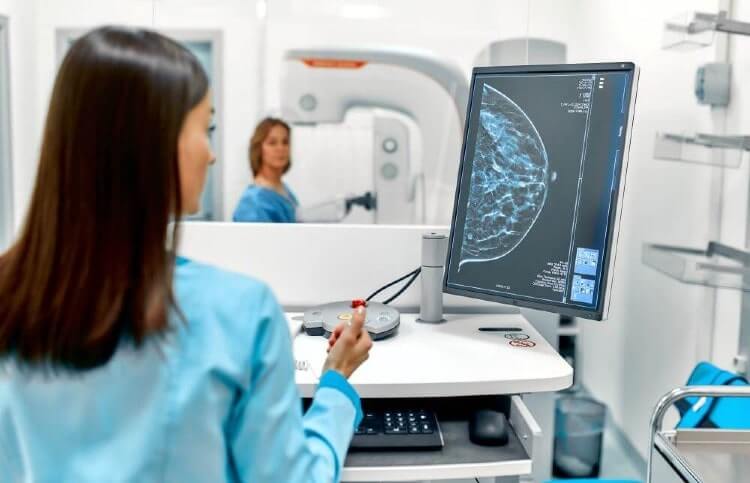

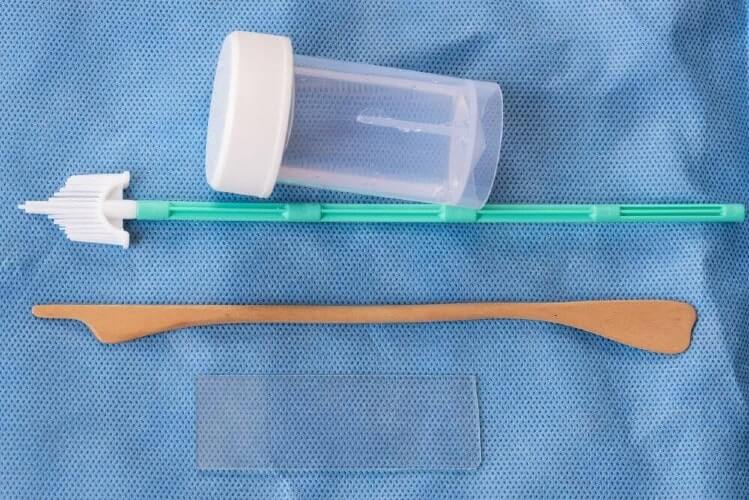











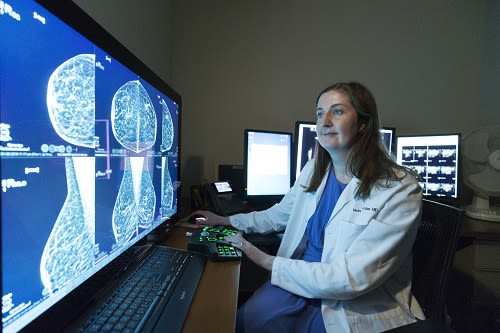


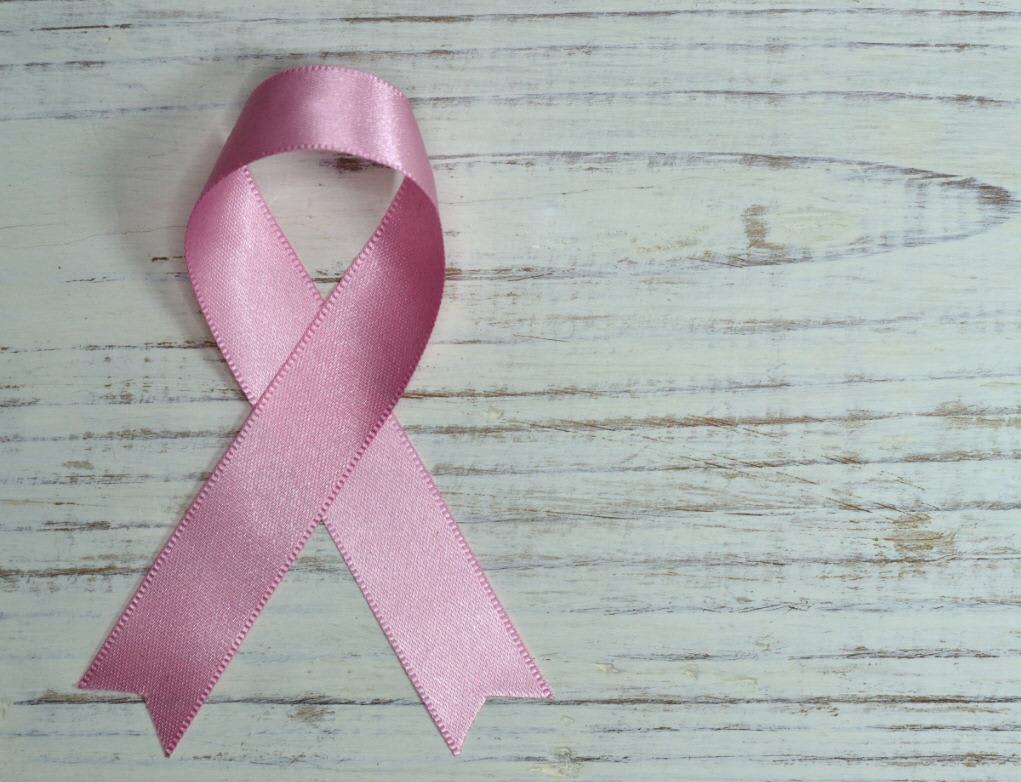
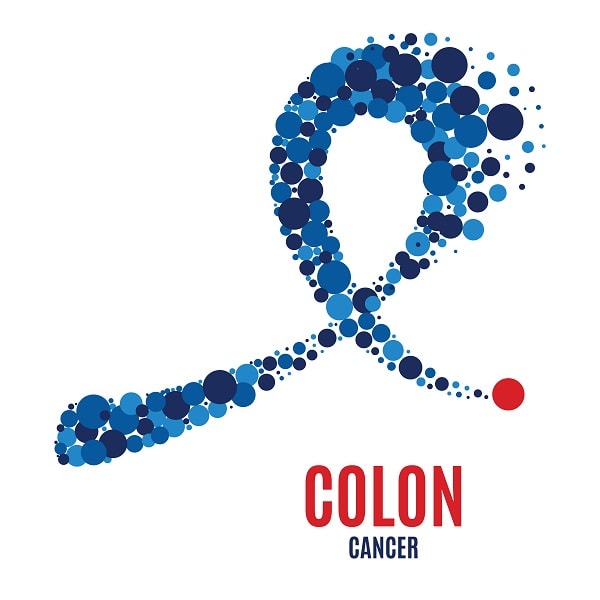
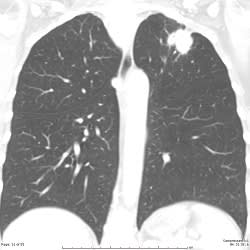







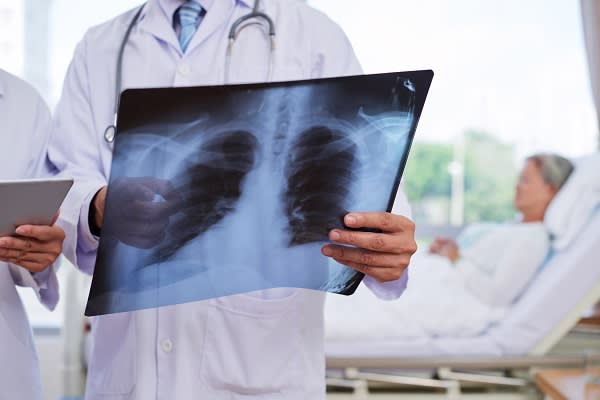






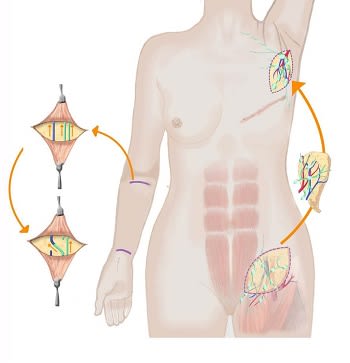




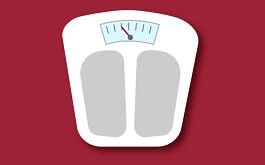
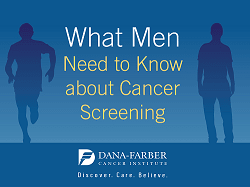












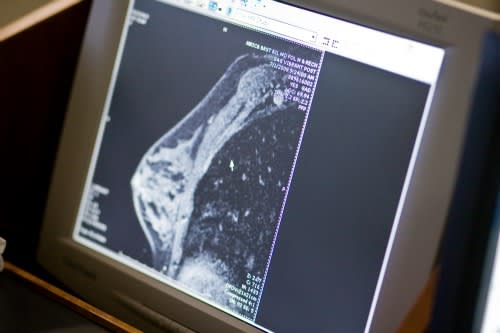








)


)

)
)
